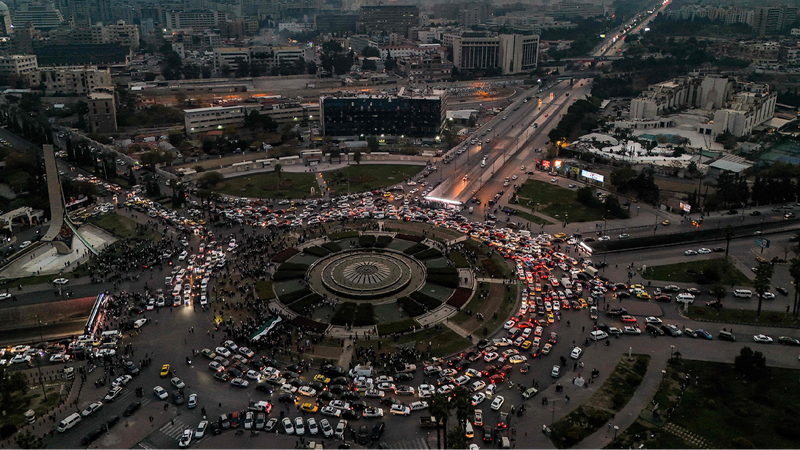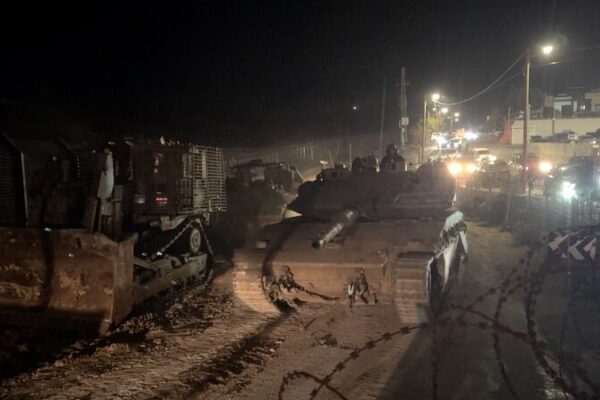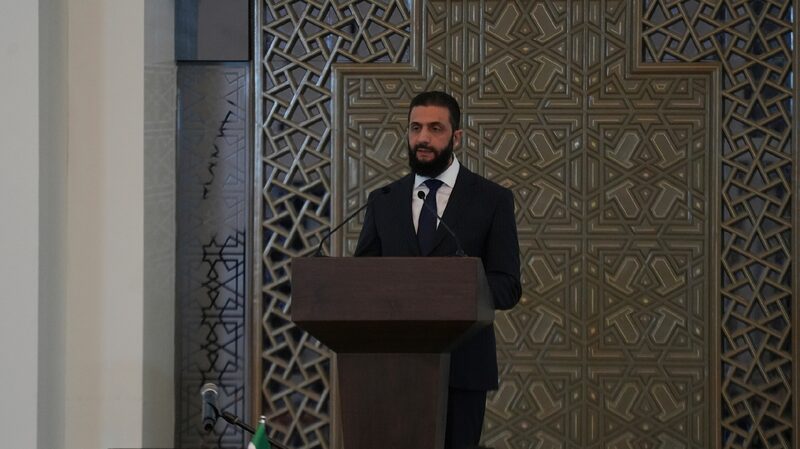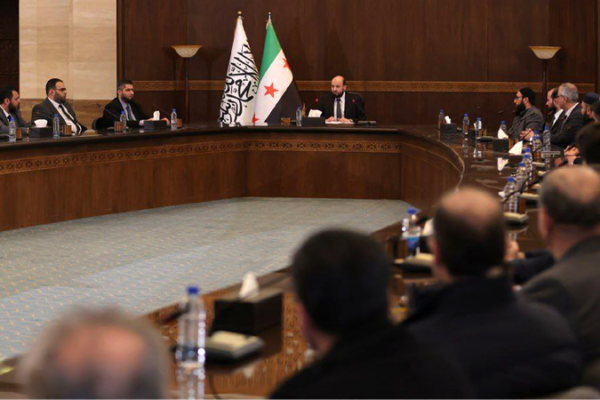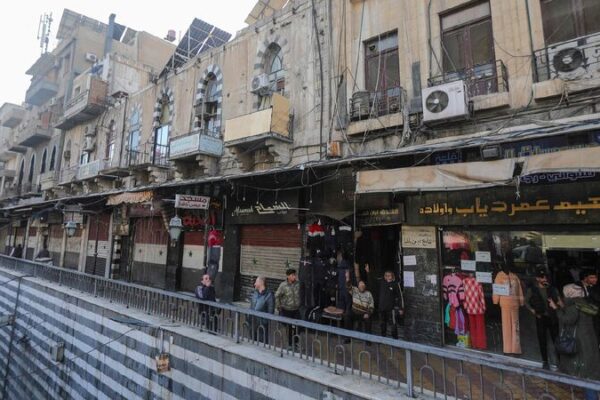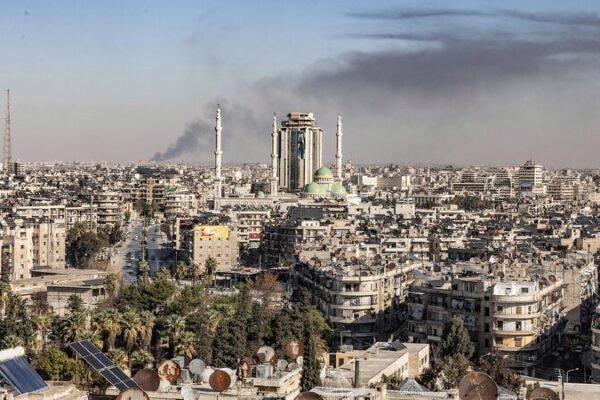Damascus—The Syrian Military Operations Administration announced on Wednesday the lifting of the curfew in Damascus and surrounding areas, urging residents to return to work as the nation grapples with significant political shifts following the ouster of Bashar al-Assad.
Interim Prime Minister Mohammed al-Bashir called on refugees to return home, signaling a push towards stability and reconstruction. Al-Bashir, a former regional leader from northwestern Syria, was appointed on Tuesday to head a transitional government until March 2025.
The appointment comes after a swift offensive by a militant alliance led by Hayat Tahrir al-Sham (HTS), which seized control of Damascus within 12 days, launching their operation from northern Syria on November 27. The departure of Assad marks the end of five decades of his family’s rule.
Assurances from New Leadership
The new leadership, dominated by the Islamist HTS, has sought to reassure the country’s diverse population. They have promised that the rights of all religious and ethnic groups will be guaranteed under the new government.
HTS leader Abu Mohammed al-Jolani pledged justice for those affected by the previous administration. “Officials involved in torture will not be pardoned,” al-Jolani stated, emphasizing a commitment to accountability.
Ceasefire in Manbij
In the northeast, Kurdish-led forces announced a U.S.-brokered ceasefire on Wednesday with Turkish-backed militants in the strategic city of Manbij. The city had witnessed fierce clashes after HTS-led forces ousted the Assad government on Sunday.
The Syrian Democratic Forces (SDF), a Kurdish-led coalition supported by the United States, reported that 218 combatants were killed in the fighting. They pledged to withdraw from the area “as soon as possible” to prevent further bloodshed.
U.S. Central Command confirmed that General Michael Kurilla visited U.S. bases in Syria and met with SDF partners, underscoring ongoing U.S. involvement in the region.
Regional Reactions
Meanwhile, Turkish-backed forces captured the strategic northern enclave of Tal Rifaat from Kurdish forces earlier this month, according to the Syrian Observatory for Human Rights.
Ankara views the Syrian Kurdish People’s Protection Units (YPG), the dominant force within the SDF, as an extension of the Kurdistan Workers’ Party (PKK), which Türkiye, the United States, and the European Union classify as a terrorist organization.
Iran’s Supreme Leader Ali Khamenei downplayed the impact of Assad’s ouster on Tehran’s regional influence. He dismissed claims that the weakening of Syria’s role in the “resistance” against Israel would diminish Iran’s power, accusing the United States, Israel, and an unnamed neighboring country of orchestrating Assad’s downfall.
Qatar Reopens Embassy
In a move towards normalization, Qatar announced plans to reopen its embassy in Damascus, citing historical ties and a commitment to support Syria’s reconstruction. The decision aligns with Qatar’s efforts to provide humanitarian aid to the Syrian people.
Qatar had closed its embassy in Damascus in July 2011 following the outbreak of anti-government protests.
Humanitarian Concerns
The United Nations reports that the humanitarian situation remains dire. Hospitals are overwhelmed, food shortages persist, and many displaced people face severe hardships. The price of bread in cities like Idlib and Aleppo has surged by 900 percent.
Over one million people have been displaced since the start of the HTS-led offensive on December 27. The UN Office for the Coordination of Humanitarian Affairs (OCHA) reported numerous minefields obstructing movement and aid delivery, with at least 52 identified in the past ten days.
As Syria enters a new chapter, the international community watches closely, hopeful for a path towards peace and stability.
Reference(s):
Curfew in Damascus lifted as interim PM calls refugees to return home
cgtn.com
